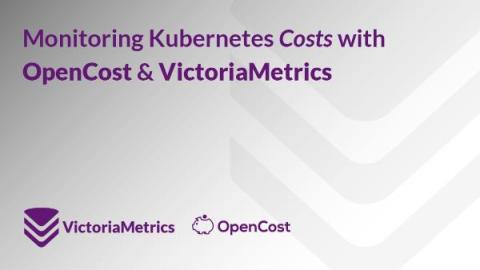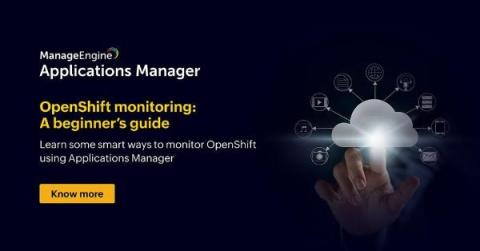Operations | Monitoring | ITSM | DevOps | Cloud
Latest News
Invert your Rightsizing: Optimizing Kubernetes Clusters
Ensuring consistent Kubernetes container versions
One of Kubernetes' killer features is its ability to seamlessly update applications no matter how large your deployment is. Did a developer make a code change, and now you need to update a thousand running containers? Just run kubectl apply -f manifest.yaml and watch as Kubernetes replaces each outdated pod with the new version.
How To Make Rust Multi-Arch Release Easy
Regulating hyperscalers: How the CMA investigation could alter cloud computing
In 2022, Ofcom, a UK regulator, began its market study into the cloud industry to investigate the dominance that hyperscalers, especially AWS and Microsoft, hold over the industry and the limits this creates for customers. This investigation follows concerns surrounding customers feeling “locked in” to a single provider, potentially leading to inflated prices in the market¹.
Monitoring Kubernetes costs with OpenCost and VictoriaMetrics
Control over operational costs is pivotal in Kubernetes' deployment and management. Although Kubernetes brings power and control over your deployments, it also necessitates thorough understanding and management of costs. OpenCost, specifically designed for Kubernetes cost monitoring, combined with VictoriaMetrics, an efficient time series database, offers a comprehensive solution for this challenge.
OpenShift monitoring: Five crucial elements to look out for
Most IT firms build their empire on Kubernetes, for its amazing flexibility and super scalability. RedHat OpenShift Container Platform (formerly OpenShift Enterprise) is a hybrid cloud application platform powered by Kubernetes, which initially only operated on-premise, and has been open to service for more than nine years.
Optimize Kubernetes Monitoring Costs with Dynamic Property Filtering
Calico monthly roundup: September 2023
Welcome to the Calico monthly roundup: September edition! From open source news to live events, we have exciting updates to share—let’s get into it!
Using Helm and Terraform for Codefresh Gitops Installations
Last year we launched the Codefresh delivery platform powered by Argo. After the initial launch we started collecting feedback from all companies that tried it (as well as existing customers) and cataloged all feature requests and implementation ideas. The main goal is always to iterate quickly and address the most common issues in the most efficient way possible.











